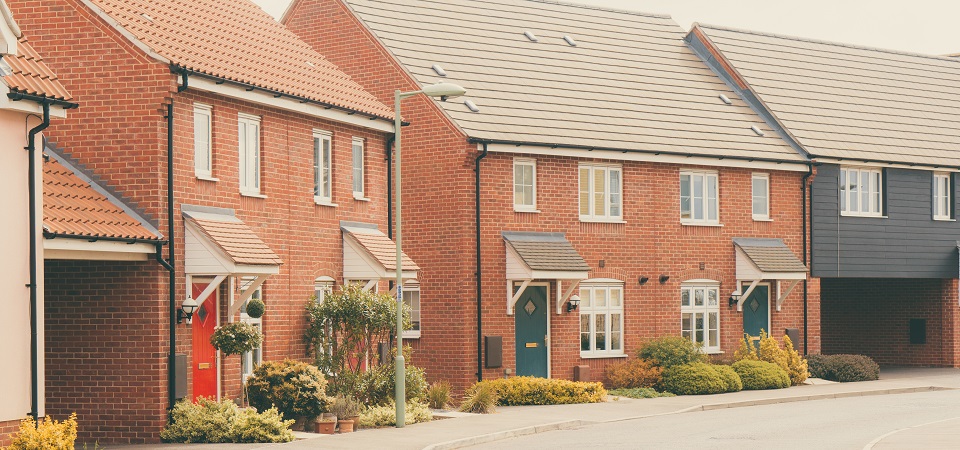The government has abolished leasehold ownership for new-build homes to prevent spiralling ground rents. Graham Ireland examines the implications.
All new-build houses must be sold as freehold as part of a sweeping government move to stop unfair leasehold practices that have seen homeowners trapped by exploitative arrangements.
In addition, where buyers are incorrectly sold a leasehold home, they will be able to acquire their freehold outright at no extra cost.
The new initiative follows an ongoing scandal in which some developers have taken advantage of leasehold arrangements to boost profits. This has left around 100,000 families having to pay exorbitant ground rent – the annual charge leaseholders must pay the freeholder.
Just as importantly, high ground rents have left homeowners unable to sell their properties because buyers were not willing to take on the charges.
Flats and apartments are still to be sold as leasehold because properties in an apartment block are in a communal building and are owned by multiple people, and leases must set out responsibilities for repairing arrangements of common areas, amongst other things. Nonetheless, the government has capped ground rent charges at zero.
How the scandal arose
The issue came about because some housebuilders decided to increase their profits by selling new build properties as leasehold – as opposed to freehold – charging high ground rents and putting in provisions for ground rents to be increased during the lease term, in some cases, doubling every 10 years.
This meant people were understandably keen to acquire the freehold at the time of buying the property, or as soon as possible afterwards.
In situations where homeowners couldn’t afford to buy the freehold at the time of purchasing the property, developers typically told them they would be able to do so for a certain amount so long as they did so before the builder sold the freehold. In some instances, the builder advised buyers that they would offer to allow them to buy the freehold of their property before selling it on.
However, some builders disposed of the freehold to investment companies before offering to sell it to the property owners and the investment companies hiked the freehold cost. This meant that when homeowners tried to buy the freehold, they found a different company owned the freehold and was demanding substantially more for the freehold than they initially had been quoted.
Optimism for people already trapped by high ground rent
The new rules are not retrospective, so they do not directly help people already stuck with high charges. However, the National Leasehold Campaign believes the initiative will increase the likelihood of them receiving assistance.
A spokesperson for the campaign said the government’s announcement would ramp up pressure to ensure that people already caught up in the leasehold scandal would receive proper financial redress.
This was underscored by Housing Minister James Brokenshire, who said he was committed to taking ‘bold action to reform the sector’ and would press ahead as soon as parliamentary time allowed.
For further advice on the leasehold reforms, or any other residential conveyancing matter, call our head of conveyancing Graham Ireland on 01254 272640 or email him at graham.ireland@whnsolicitors.co.uk













